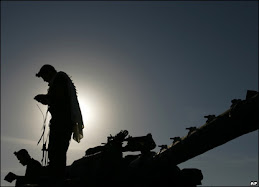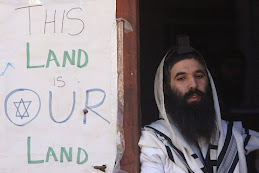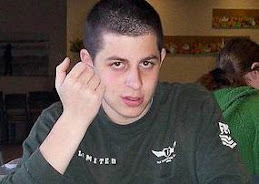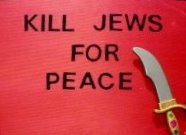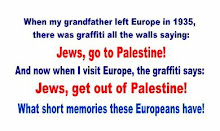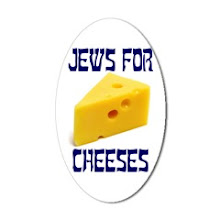Halloween: Treif or Treat?

It's that time of the year again. The Jack-o-lanterns, pumpkins, goblins and ghouls gave it away. My least favourite goyish holiday is here again. Halloween is celebrated in Anglo-Saxon countries worldwide and is considered a national holiday. Many Jews unfortunately participate in the Halloween festivities: trick-or-treating, decorating the house and dressing up. So is Halloween kosher?
While many Jews today prefer to focus on the universal aspect of Judaism, tikkun olam, morality, ethics, etc., Judaism demands that Jews remain a separate people. God tells Moses to teach the people:
"I am the Lord, your God. Do not follow the ways of Egypt where you once lived, nor of Canaan to where I am bringing you. Do not follow their customs (be-hukotehem lo teileichu)" (Leviticus 18:1-3, cf. also, 20:23).
Deuteronomy suggests that this prohibition is intended to prevent idolatry:
"Take heed to yourself lest you be trapped by following them, after they are destroyed from before you; and lest you inquire about their gods, saying, 'How did these nations serve their gods?' that I may also do likewise" (Deuteronomy 12:30).
While many halakhic authorities understand these injunctions to be limited to the customs of the Canaanites and Egyptians, the Rambam understands it to be a prohibition of following any non-Jewish rite or ritual. The Torah is warning us against adopting chukat hagoy, gentile customs which will lead us to assimilate. He writes:
"We do not walk after the ways of the idolaters. We do not assimilate ourselves to them; not in our clothing and not in other things like this, as it says, 'do not walk after the ways of the gentiles' (Leviticus 20:23)…Rather, a Jew should be distinct from them and recognizable through one's clothing and one's other actions, just as one is distinct from them in one's thoughts and characteristics" (Laws concerning Idolatry, 11:1).
Halloween, although today it is mostly devoid of religious significance, has pagan and Christian roots. The philosophy behind the festival is idolatrous and antithetical to the Jewish worldview. According to Wikipedia:
"Halloween has its origins in the ancient Celtic festival known as Samhain (Irish pronunciation: [ˈsˠaunʲ]; from the Old Irish samain). The festival of Samhain is a celebration of the end of the harvest season in Gaelic culture, and is sometimes regarded as the "Celtic New Year". Traditionally, the festival was a time used by the ancient pagans to take stock of supplies and slaughter livestock for winter stores. The ancient Gaels believed that on October 31, now known as Halloween, the boundary between the alive and the deceased dissolved, and the dead become dangerous for the living by causing problems such as sickness or damaged crops. The festivals would frequently involve bonfires, into which bones of slaughtered livestock were thrown. Costumes and masks were also worn at the festivals in an attempt to mimic the evil spirits or placate them."
The Catholic Church celebrates Halloween as All Saint's Day and special services are held in churches worldwide. Why would any Jew celebrate a holiday even remotely connected to the Roman Catholic Church? Historically, many pogroms occurred on Halloween. Jews would be kidnapped, murdered or brutalized as part of the celebration, since Jews were associated with evil, the devil and witches.
The pagan worldview in which Halloween took root is completely contrary to Judaism's teachings. There are no ghosts and goblins, heavenly families, satanic adversaries or demons. There is only Him, the One and Only. Halloween, or Samhain, was a worship of nature and the spirits which rules it. Judaism, however, is insistent that all of nature is subservient to Him.
In short, there is nothing kosher about Halloween. It originates in pagan adoration of nature and was eventually appropriated by the Church as a day to celebrate all of their saints, many of whom were virulent anti-semites. In Eastern Europe, Halloween was a time when pogroms usually broke out. Jews weren't able to celebrate the holiday because they were hiding in cellars for their lives. Tainted with paganism, christianity and a bloody history of anti-semitism, Halloween is treif, treif, treif. This year, Halloween falls on erev shabbos, which makes it all the more unkosher. Instead of dressing up to commemorate pagan worship of nature, Jews should celebrate the day which is testimony to G-d's Creation. Ditch the ghosts and pumpkins and switch them for shabbos candles and kiddush.
I certainly won't be answering my door. But if you want to wish me a good shabbos, I'll be ready for your knock.
Cross-posted to the Truth about Moshiach



